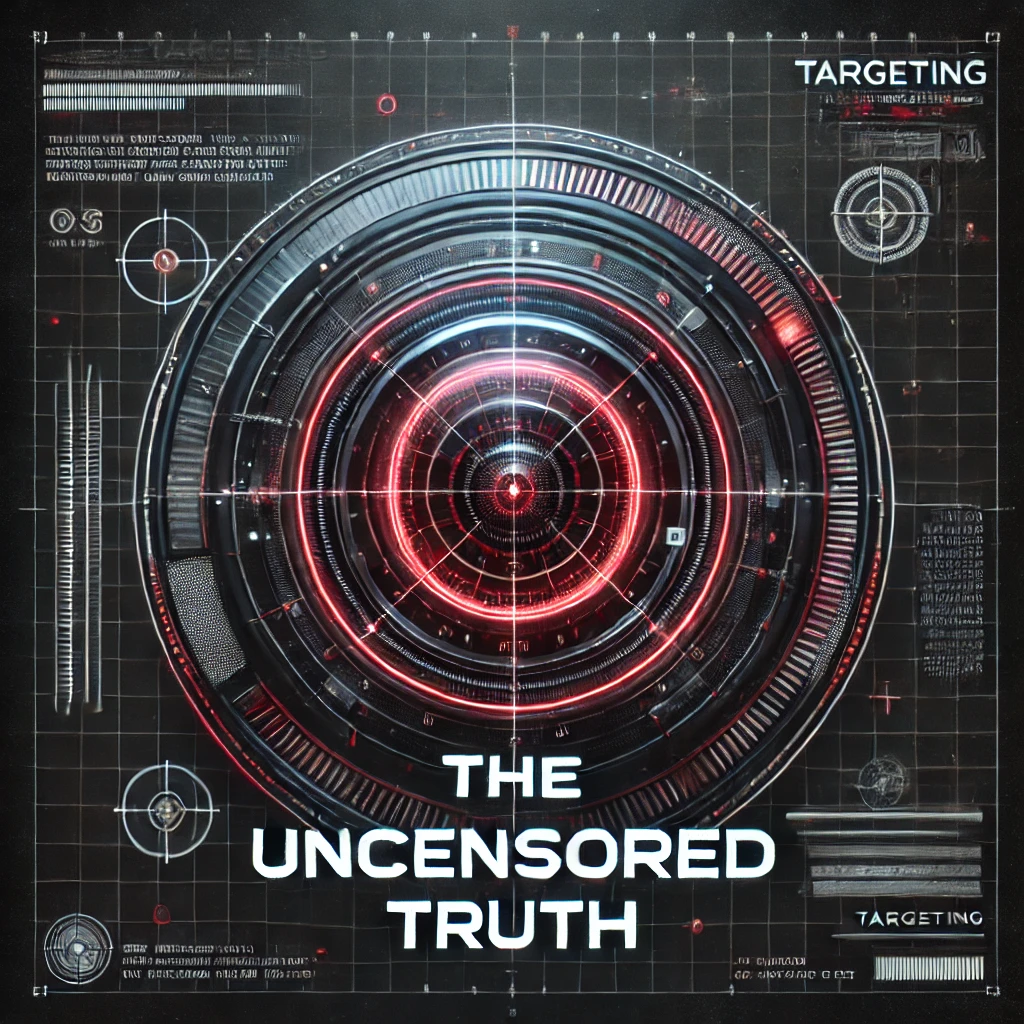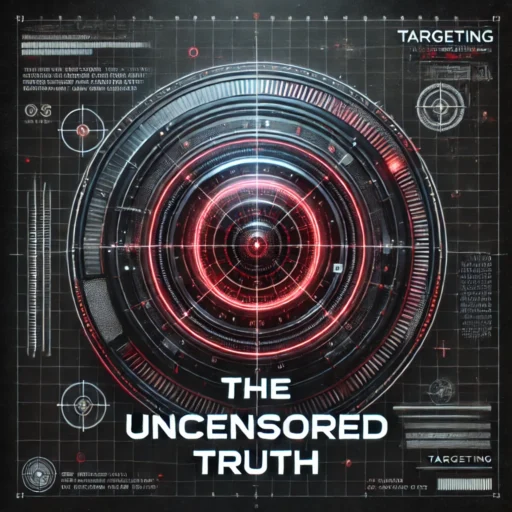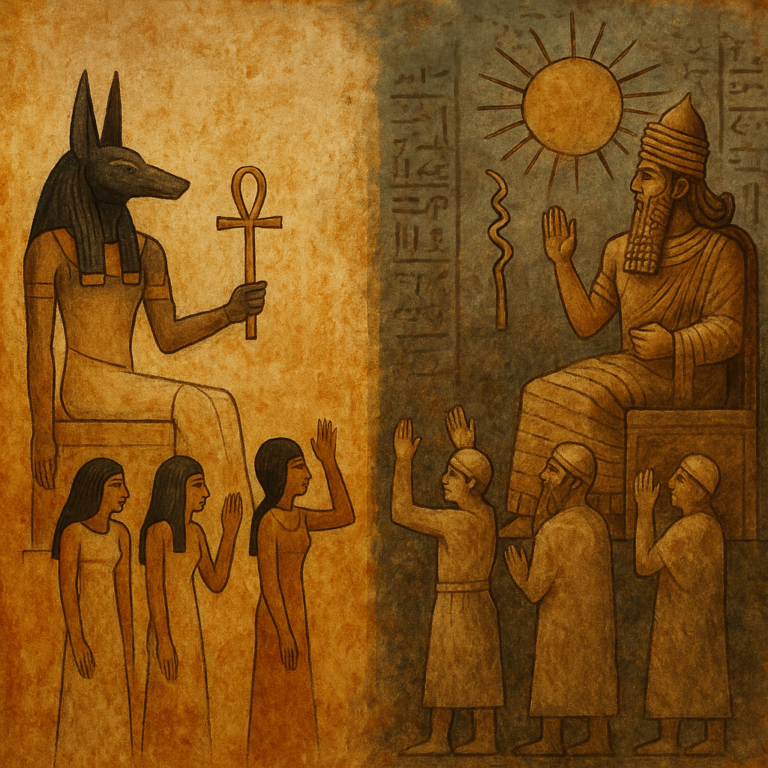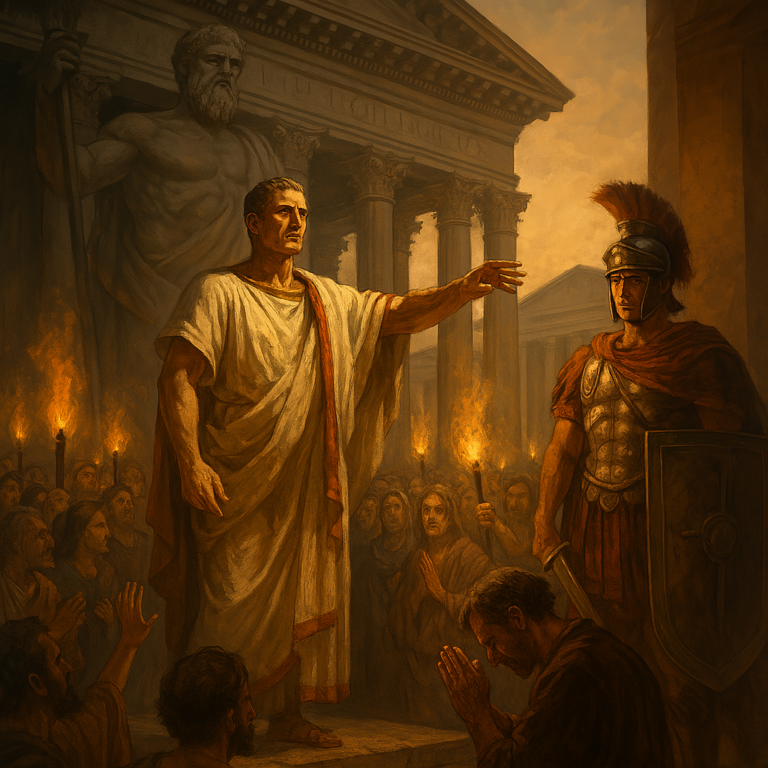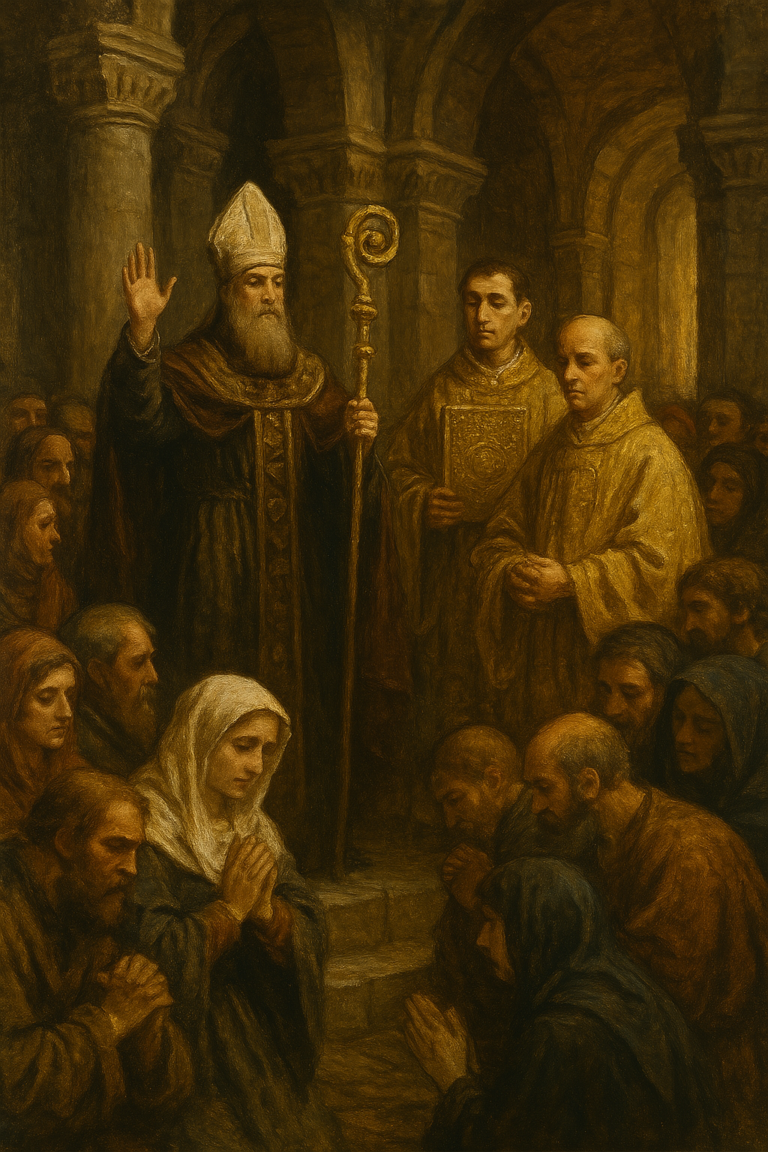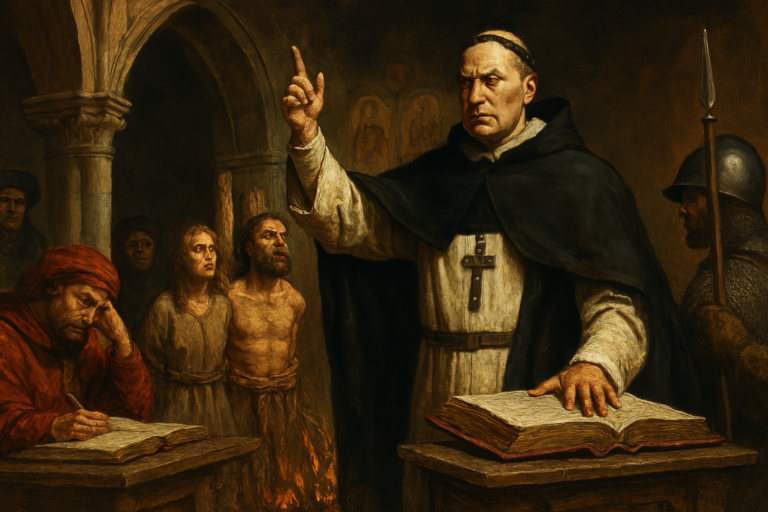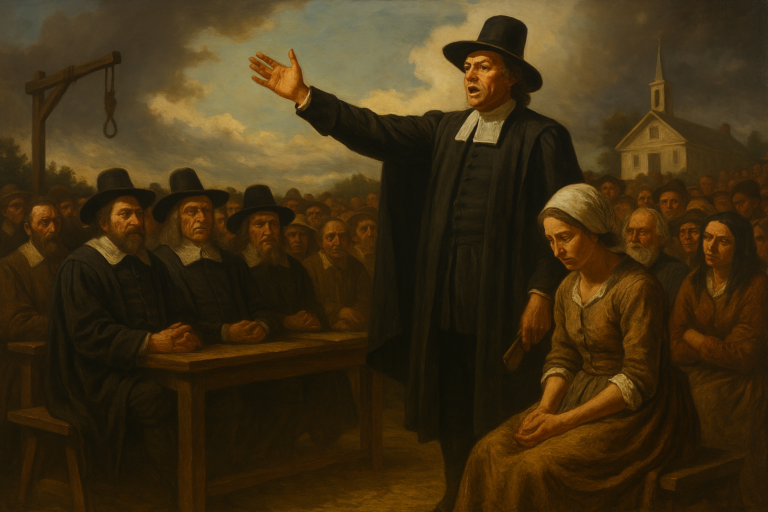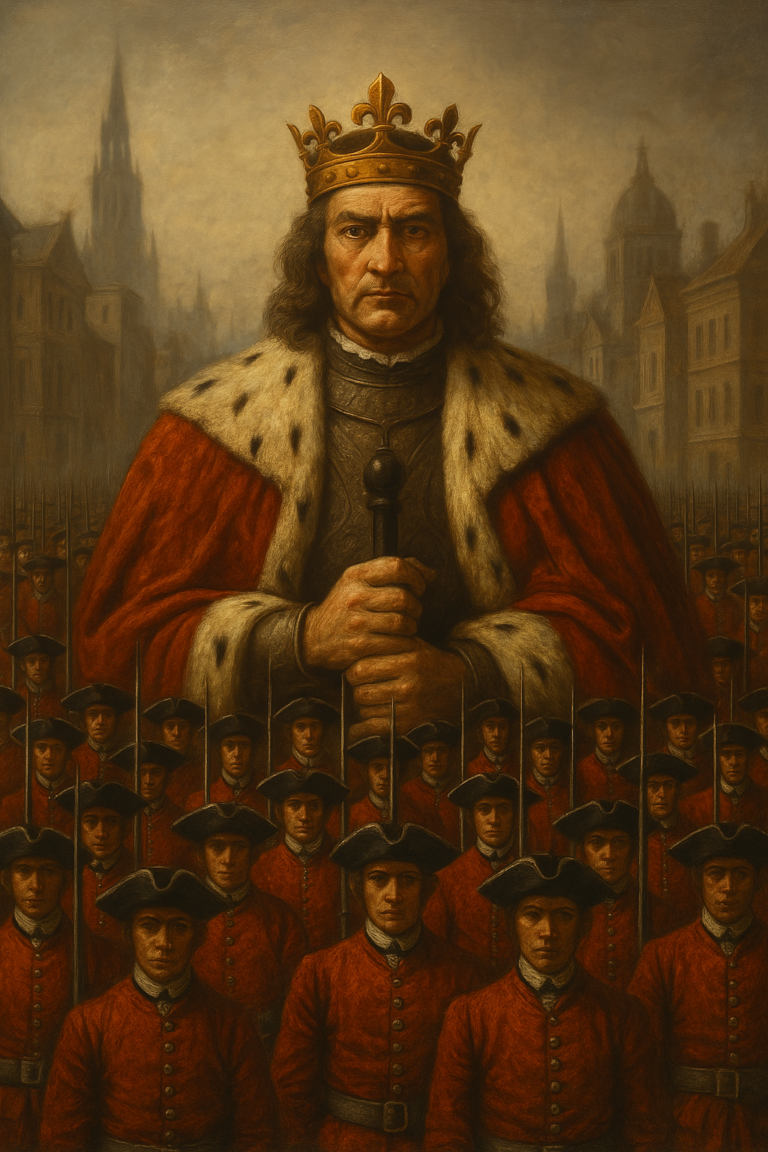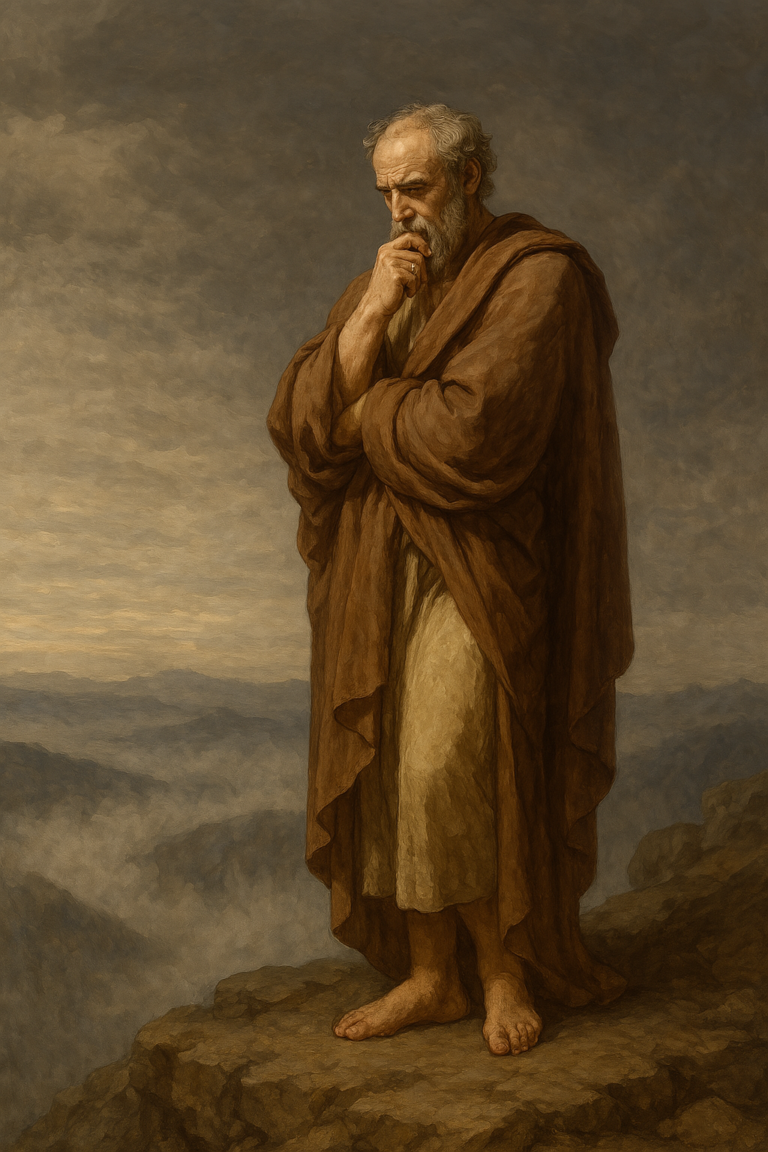
Why Critical Thinking Matters, Now More Than Ever
We live in a world where information is abundant, but understanding often feels elusive. Despite the promises of technological enlightenment, the average person is bombarded with curated truths, self-censoring media, and shifting lines between science, opinion, and propaganda. In such a landscape, asking the wrong question — or even hesitating before accepting the “right” answer — can be enough to earn labels like denier, conspiracy theorist, or dangerous radical. But what if those labels are less about protecting truth, and more about discouraging critical thinking?
This series — The Philosophy of Doubt: Critical Thinking Beyond the Official Story — explores the uncomfortable but essential relationship between open inquiry and social taboo. It invites the reader to step outside the well-lit corridors of mainstream consensus and into the shadowy terrain where uncomfortable truths, plausible suspicions, and long-denied realities often reside.
This is not a manifesto of paranoia, nor an endorsement of baseless speculation. It is an invitation — to think. To question. To wonder whether the stories we are told, and the assumptions we hold, truly withstand the scrutiny of critical thought. Because if they don’t — then who benefits from our belief?
Why We Need To Doubt More
The term critical thinking is often celebrated in theory but punished in practice. Modern education extols its virtues, yet rarely encourages students to question dominant narratives in politics, science, or history — particularly when those narratives align with institutional power. Instead, critical thinking is often reduced to a performative checklist: spot the logical fallacy, cite your sources, trust the experts.
But true critical thinking goes deeper than surface-level skepticism. It asks:
-
- Who decides which experts are trustworthy?
-
- What assumptions are built into the frameworks we’re told to accept?
-
- Why are some questions off-limits altogether?
In many cases, doubt is discouraged not because it is irrational — but because it is inconvenient. It threatens the consensus. And in a society that increasingly treats consensus as truth, dissent becomes heresy.
But historically, heresy has often been the first step toward progress.
The Role Of Doubt In Philosophy
Conspiracy as the New Heresy
One of the most effective ways to shut down critical thinking in the modern era is to frame a question, a suspicion, or a theory as a “conspiracy.” The word carries a powerful emotional charge — evoking images of tinfoil hats, paranoia, and delusion. Once something is labeled a conspiracy, it becomes untouchable. Inquiry is no longer a sign of curiosity; it is a sign of dangerous thinking.
But this was not always the case. As this series will explore, many events and policies once dismissed as conspiratorial — from government surveillance programs to pharmaceutical lobbying, corporate censorship, and media manipulation — have since been revealed as verifiable fact. What was once laughable has become documented. The problem was not that people were asking foolish questions — but that they were asking them too soon.
A healthy society does not suppress uncomfortable questions.
It confronts them.
And critical thinking is the tool that makes that confrontation possible.
What This Series Will Explore
The Philosophy of Doubt is not a catalogue of conspiracies. It is an exploration of how power shapes perception — and how philosophy offers a way to remain intellectually sovereign in a world increasingly hostile to nuance.
Across three essays, we will examine:
Part 1: The Death of Certainty – Why Critical Thinkers Resist Consensus
We begin by exploring the long-standing relationship between philosophy and doubt — from Socratic inquiry to Enlightenment skepticism. This section will ask:
-
- Why is critical thinking so often at odds with authority?
-
- How has the drive for “scientific consensus” stifled open debate?
-
- What happens when certainty is mistaken for truth?
We will look at how systems of power — religious, political, and scientific — have historically treated doubt not as a tool, but as a threat.
Part 2: Conspiracy or Coherence? When Dismissal Replaces Debate
Here, we explore how the word “conspiracy” functions not as a descriptor, but as a form of intellectual containment. We will ask:
-
- How does language shape which ideas are allowed into the public square?
-
- What role does social pressure play in silencing dissent?
-
- Are some ideas labeled “conspiracies” simply because they question those who control the narrative?
This section will challenge the reader to examine their own thought boundaries — and consider how those boundaries were constructed.
Part 3: The Rational Mind Under Under Siege
Finally, we look to the future. What does it mean to be a critical thinker in an age of AI-generated truth, algorithmic censorship, and narrative engineering? We’ll explore:
-
- How psychological conditioning leads people to fear deviation
-
- Why rational skepticism must coexist with open curiosity
-
- How to engage with controversial ideas without falling into dogma or denial
This last section is a call to intellectual courage — to reclaim the heretic’s role, not as a fringe figure, but as a necessary presence in any free-thinking society.
The Cost of Not Thinking
When critical thinking is discouraged, truth becomes whatever is easiest to enforce. Reality becomes whatever is easiest to digest. And history becomes whatever is most profitable to repeat.
We have already seen the consequences:
-
- Wars justified by faulty intelligence
-
- Medical recommendations shaped by lobbying, not evidence
-
- Policies promoted as “science-backed” while dissenting scientists are deplatformed
-
- Narratives managed not through persuasion, but through algorithmic suppression
The issue is not that we don’t have enough information.
It’s that we have too little courage to ask where that information came from — and what was left out.
An Invitation, Not a Prescription
This series does not ask you to believe anything. It does not propose an alternate worldview. It does not replace one dogma with another.
Instead, it offers something simpler, and more difficult:
Permission to doubt.
To step outside the manufactured consent of your news feed.
To resist the pressure to “trust the science” without understanding its sponsors.
To ask: What am I not allowed to question — and why?
This is what philosophy has always been for. Not to tell you what to think, but to remind you that you still can.
Conclusion: Rethinking the Unthinkable
In a time when the cost of speaking certain truths is rising — when truth itself has been reduced to consensus — the act of doubt becomes a radical one.
You are not a conspiracy theorist for questioning inconsistencies.
You are not a denier for wanting more evidence.
You are not a threat for wondering if the official story serves someone else’s interests.
You are thinking.
And perhaps, that is the most subversive act of all.
